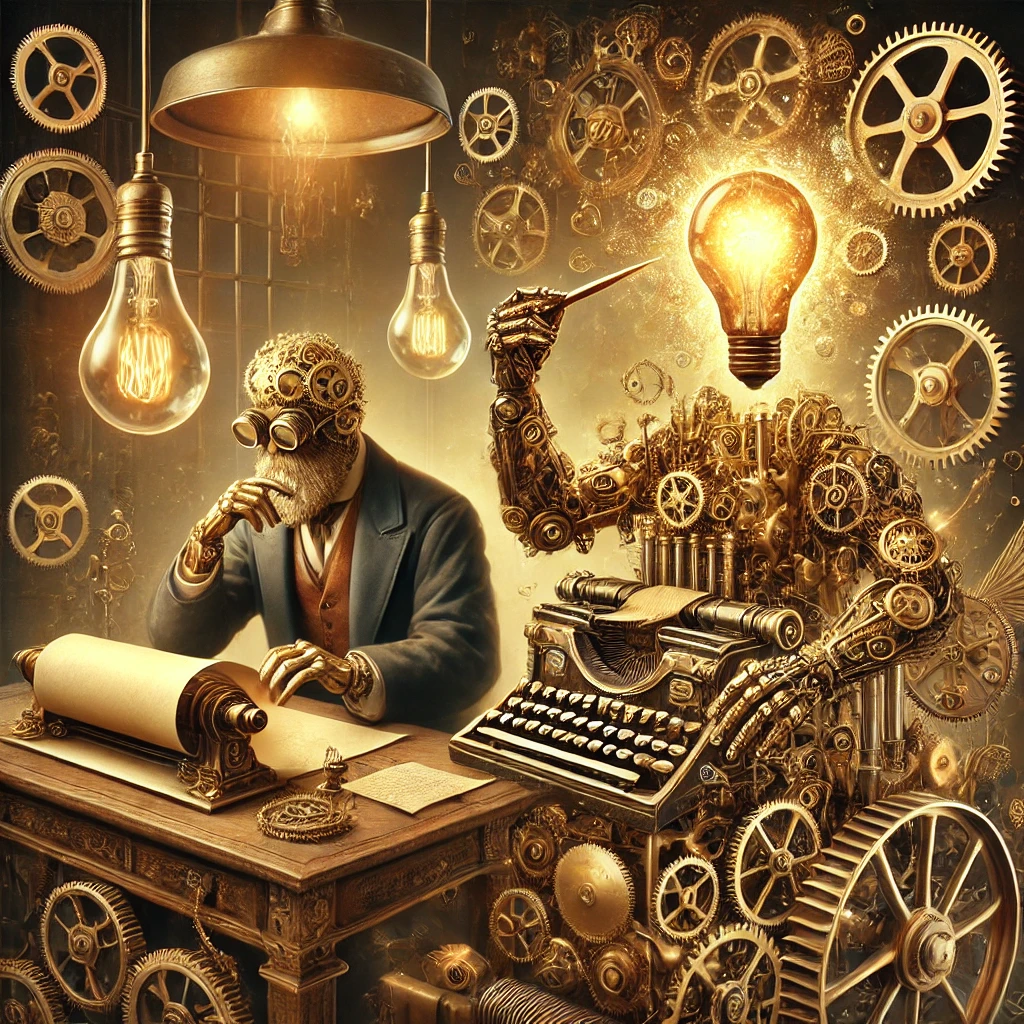As AI settles into classrooms, we face a peculiar challenge: not just how students use it, but how they relate to it. This isn’t a question of function or ethics, but of posture—how to engage something that responds like a person but isn’t one. The educational goal is a subtle kind of literacy: to treat AI as an interactive partner without mistaking it for a peer.
It’s a familiar dilemma, strangely enough. When children talk to imaginary friends or fictional characters, they often treat them as real companions. They know, on some level, that the character isn’t real—but they still cry when the story ends or feel comforted by a plush animal’s imagined voice. Child psychologists don’t rush to correct this confusion. Instead, they guide children to inhabit the fiction while understanding its boundaries. The fiction is developmental—it helps the child grow, not deceive.
We need a similar stance with AI. Students must learn to engage in what we might call a non-dialogic dialogue: a back-and-forth that mimics human exchange but is, in substance, interaction with an “It.” Martin Buber’s language is useful here. Procedurally, AI feels like an “I-Thou”—responsive, adaptive, present. But substantively, it remains an “I-It.” It has no inner life, no perspective, no sense of being addressed.
If we treat AI merely as a tool, we lose its pedagogical richness. If we treat it as a mind, we delude ourselves. The path forward is both instrumental and interactive: act as if the AI understands, but always know it doesn’t. This requires a new kind of mental discipline—AI mind theory, if you like. Not to imagine what AI thinks, but to restrain the impulse to imagine that it does at all.
In practice, this means teaching students to hold contradiction. To benefit from AI’s apparent collaboration, without anthropomorphizing it. To take seriously its output, without confusing fluency with insight. It’s a balancing act, but one education is well suited for. After all, school isn’t meant to tidy up complexity. It’s meant to make us capable of thinking in layers.
AI is not our friend, not our enemy, not even our colleague. It is something stranger: a fiction we interact with for real.













